voice_func.h
#pragma once
#include <string>
using namespace std;
wstring string2wstring(string str);
void speakWString(const wstring& text, int speed);
void speakString(string text, int speed = 5);
extern bool voiceMode;voice_func.cpp
#include <iostream>
#include "voice_func.h"
#include <windows.h>
#include <atlbase.h>
#include <sapi.h>
using namespace std;
bool voiceMode = true;
//将string转换成wstring
wstring string2wstring(string str) {
wstring result;
//获取缓冲区大小,并申请空间,缓冲区大小按字符计算
int len = MultiByteToWideChar(CP_ACP, 0, str.c_str(), str.size(), NULL, 0);
TCHAR* buffer = new TCHAR[len + 1];
//多字节编码转换成宽字节编码
MultiByteToWideChar(CP_ACP, 0, str.c_str(), str.size(), buffer, len);
buffer[len] = '\0'; //添加字符串结尾
//删除缓冲区并返回值
result.append(buffer);
delete[] buffer;
return result;
}
// 传入wstring类型的字符串,并进行语音朗读的函数
void speakWString(const wstring& text, int speed) {
CoInitialize(NULL); // 初始化COM库
CComPtr<ISpVoice> pVoice; // 创建语音合成接口指针
// 尝试创建一个语音合成对象
HRESULT hr = CoCreateInstance(CLSID_SpVoice, NULL, CLSCTX_ALL, IID_ISpVoice, (void**)&pVoice);
if (SUCCEEDED(hr)) {
// 设置语音合成对象使用默认语音
pVoice->SetVoice(NULL);
// 设置语速为中等速度(2)
pVoice->SetRate(speed);
// 调用Speak方法进行文本朗读,0代表默认的朗读标志
hr = pVoice->Speak(text.c_str(), 0, NULL);
if (FAILED(hr)) { // 如果朗读失败,输出错误信息
printf("Error speaking text.\n");
}
}
else {
// 创建语音合成对象失败时的错误信息
printf("Error creating voice object.\n");
}
pVoice.Release(); // 释放语音合成接口指针
CoUninitialize(); // 关闭及清理COM库
return;
}
// 传入string然后语言播放
void speakString(string text, int speed) {
speakWString(string2wstring(text), speed);
}string类型转换到wstring参考了这个文章。调用时只引入voice_func.h头文件即可。
效果视频
© 版权声明
1. 除特殊说明外,本网站所有原创文章的版权归作者所有,未经授权,禁止以任何形式(包括但不限于转载、摘编、复制、镜像等)发布至任何平台。
2. 论文总结类文章中涉及的图表、数据等素材,版权归原出版商及论文作者所有,仅为学术交流目的引用;若相关权利人认为存在侵权,请联系本网站删除,联系方式:i@smallbamboo.cn。
3. 违反上述声明者,将依法追究其相关法律责任。
2. 论文总结类文章中涉及的图表、数据等素材,版权归原出版商及论文作者所有,仅为学术交流目的引用;若相关权利人认为存在侵权,请联系本网站删除,联系方式:i@smallbamboo.cn。
3. 违反上述声明者,将依法追究其相关法律责任。
THE END



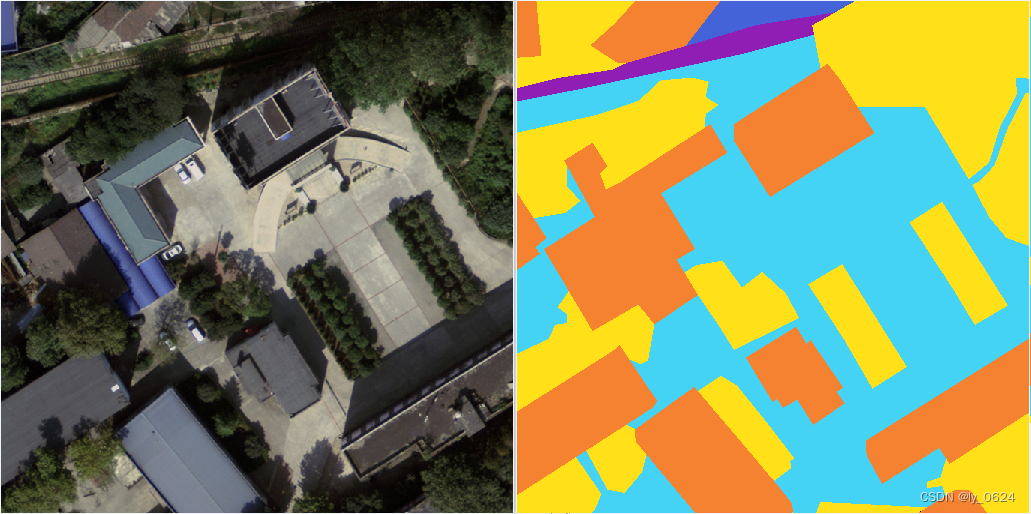

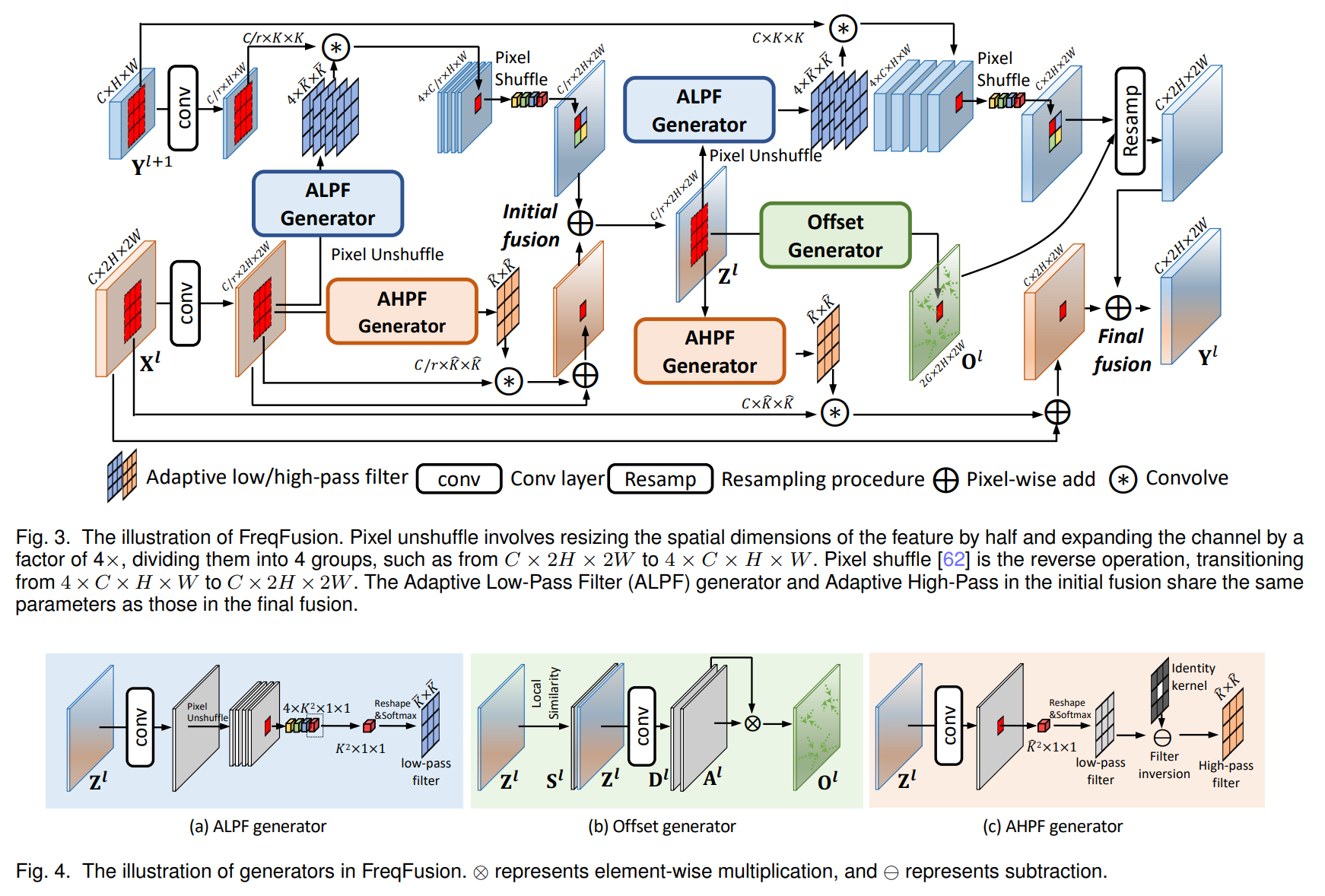
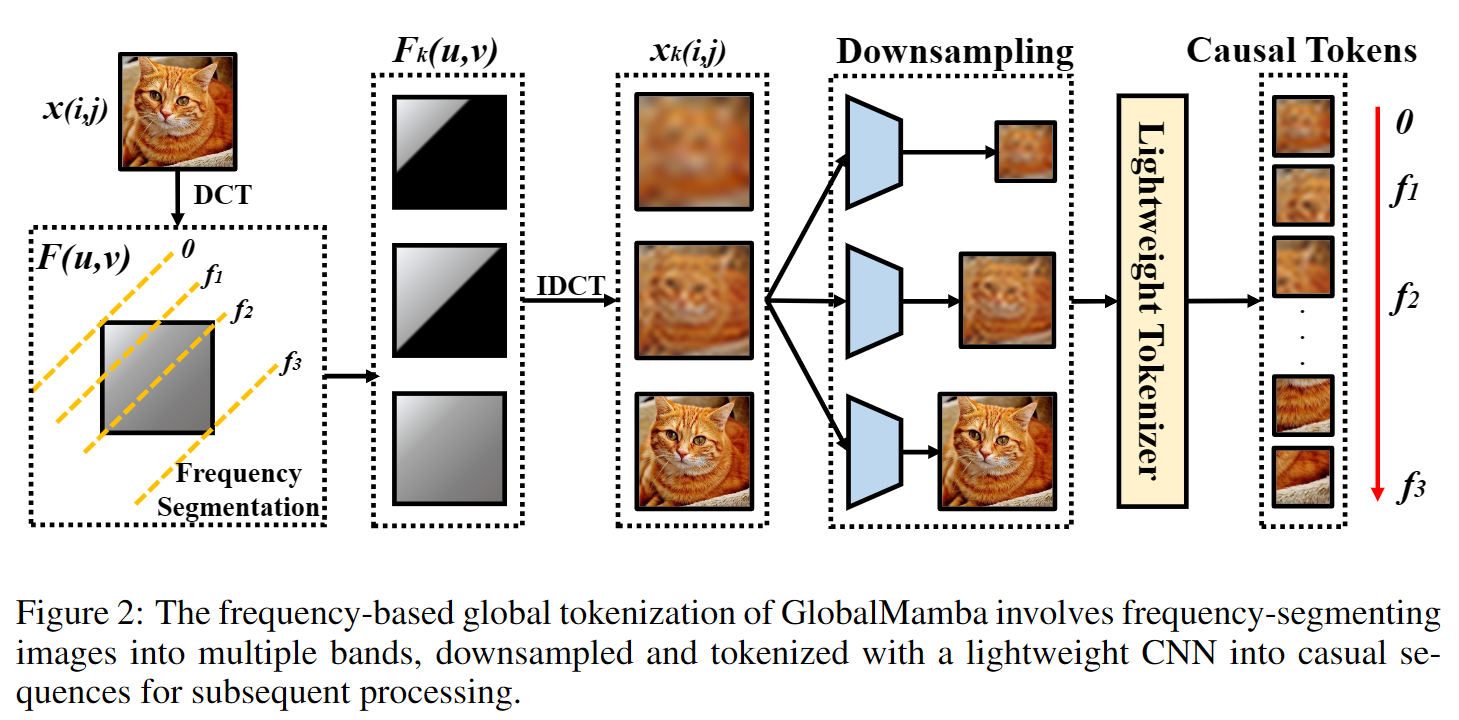


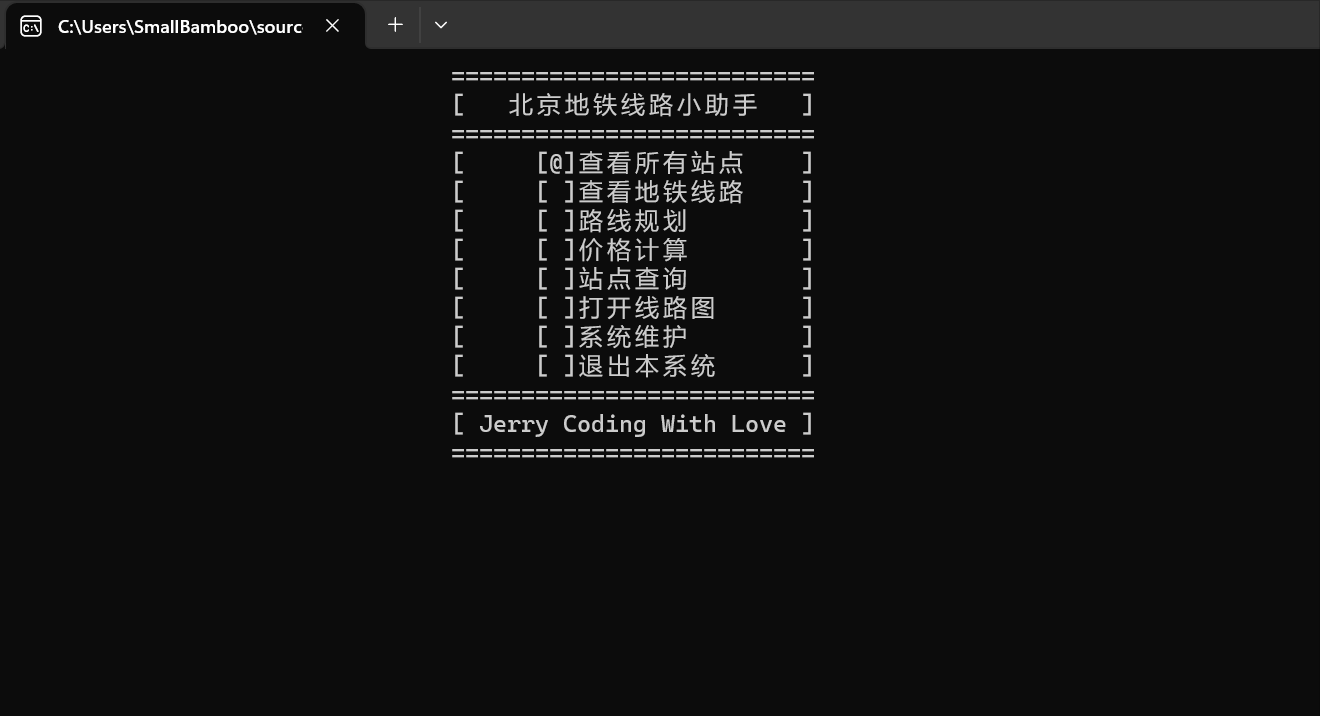
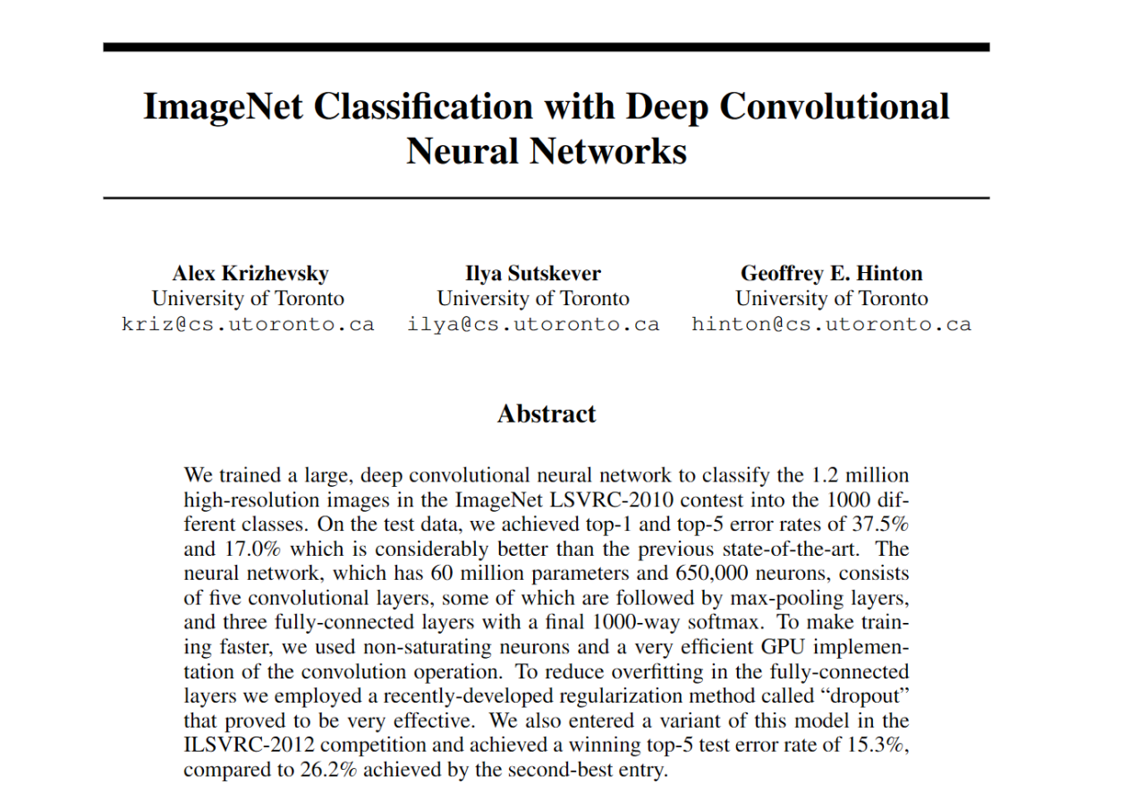










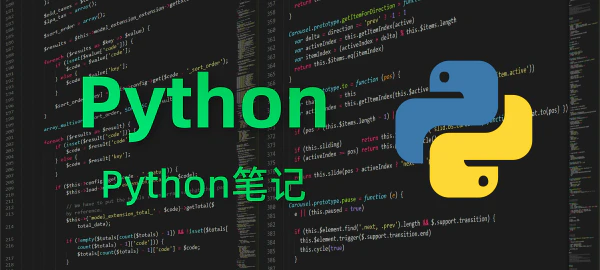


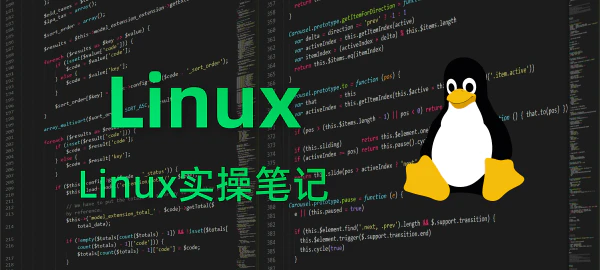


暂无评论内容